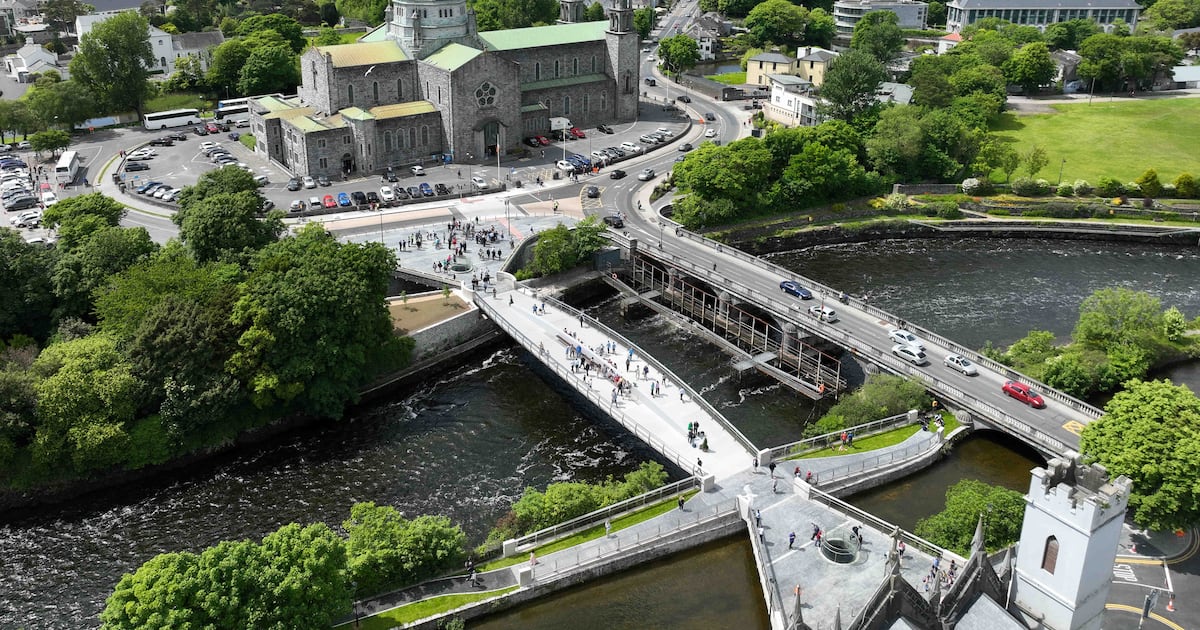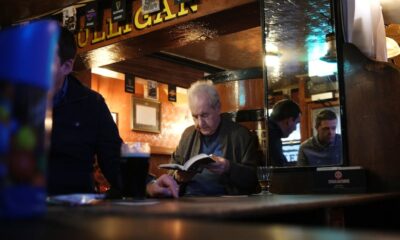Culture
To Galway’s thrilling Corrib, the fastest-flowing city river in Europe

Read more on post.
In Galway earlier this year, I was waiting for a friend. Unsurprisingly, perhaps, as I sat on steps beside a roaring river Corrib I was reminded of that Rolling Stones song – Waiting on a Friend – a favourite, with its video of Jagger and bandmates sitting on the stoop of an apartment building in New York’s Greenwich Village, celebrating easy friendship to a sultry tune and the soaring saxophone of Sonny Rollins.
I was disturbed from that reverie by a ferocious Corrib as it thundered beneath the Wolfe Tone Bridge into the Claddagh basin. Such was its force and speed, it seemed it would take the bridge, too, all the way out to watch the sun go down on Galway Bay.
Having spent some of my best years in Galway, as a student and for some time thereafter – as parting was such deep sorrow – I am not unfamiliar with the Corrib or its thrilling ways.
A friend taunted it late one night by dancing a reel on a parapet of the Salmon Weir Bridge. Others sacrificed themselves to it willingly, a final act with no room for doubt as they were swept to eternity by its insatiable currents.
In all those years I had not known that it is the fastest-flowing city river in Europe and one of the shortest on the continent. It is only six kilometres long, about 3.5 miles.
Its fast flow is attributed to it being the sole outlet to the sea for three substantial lakes: Lough Corrib, Lough Mask, and Lough Carra. And, something you probably didn’t know, in Irish it is known as An Ghaillimh (Galway).
According to myth, it was named after Gaillimh, daughter of Breasail, herself a daughter of a Fir Bolg chief who drowned in the river. In Irish Gaillimh means “stony”, as in “stony river”, and the city of Galway took its name from the river.
The Corrib, and as in Lough Corrib, is believed to be named after Orbsean, a reference (they say, and who am I to disagree?) by an indirect route to the Celtic god of the sea, Manannán mac Lir.
River, from Old French riviere, Latin riparia, also meaning “seashore”, and so root of Italian riviera











